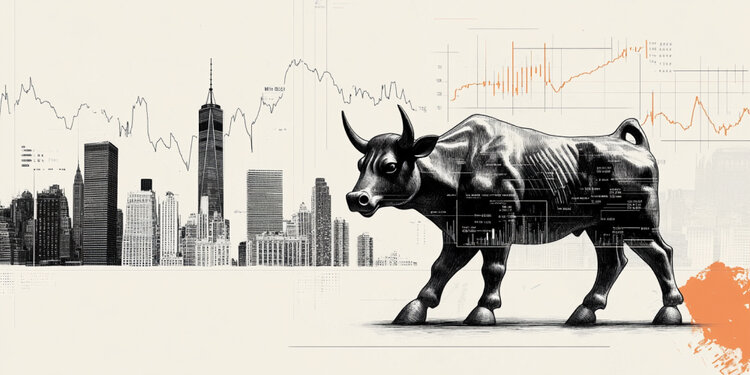Eating out has gotten more expensive in the last 12 months. According to a survey by the Brazilian Institute of Economics, of the Getúlio Vargas Foundation (FGV Ibre), the prepared dish showed an average increase of 23.53%, according to the Consumer Price Index Market (IPC-M), measured by the entity . This level represents more than double the inflation registered by the indicator in the period, of 10.37%.
The IPC-M uses a different methodology from that used by the Brazilian Institute of Geography and Statistics (IBGE), responsible for verifying official inflation, which is 12.13% in the period. The FGV Ibre study takes into account the price variations of ten of the most common items in the famous “PF”: rice, black beans, carioca beans, lettuce, potatoes, onions, tomatoes, chicken pieces, eggs and beef.
In-natura foods were the main culprits for the increase in the price of the most predictable meal: tomatoes more than doubled in price, with growth of 126.8%, followed by potatoes and lettuce, which increased by 126.8%. 44.65% and 32.5%, respectively. Along with onions, which increased by 12.44%, the components that make the meal more nutritious and balanced began to weigh on Brazilians’ pockets.
Associate economist at FGV Ibre, Matheus Peçanha points out that climate problems have a direct impact on prices and fruit and vegetable shelves:
“We have suffered successive cost shocks in the agrarian sector. In 2020 there was a general drought, soon after came the very heavy rains and now this new summer, with a very large monsoon, torrential rains, which affected the production of vegetables and vegetables”, said the economist.
Protein prices were also impacted by the rains, but suffered mainly from the rise in the dollar, greater international demand and the consequent increase in exports, which drains the domestic market. Beef had a high of 11.82%, chicken 21.1% and eggs, which follow the trend of the farm, 11.32%.
The only prices to fall were rice, which registered a drop of 10.5%, and black beans, with a drop of 3.4%. Carioca beans followed the upward trend, with an increase of 5.71%.
Bars and restaurants are so affected
The rise in inflation also affects the owners and consumers of bars and restaurants throughout Brazil. In April, according to the IPCA, inflation in the last 12 months of food away from home was 6.63%, while the increase in prices of meals inside the home was 13.73%.
According to the president of the Brazilian Association of Bars and Restaurants (Abrasel), Paulo Solmucci, it is the entrepreneurs who hold the sector’s price hike:
“If, on the one hand, this makes it more advantageous for consumers to eat out, in relative terms, on the other hand, it reduces the margins of a sector that is still looking for a recovery. The case of beer is exemplary. In supermarkets the consumer price has risen by 9% in the last twelve months, while in bars it has been less than half that,” he said.
In some capitals, the prices of drinks and food in bars and restaurants even dropped, in an attempt to attract customers. In Rio de Janeiro, the reduction was 0.38%, followed by drops of 0.32% in Fortaleza and 0.1% in Brasília.
Impact on food stamps
The time taken to use the entire food stamp balance is, on average, 24 days. This is what a survey carried out by the Economic Research Institute Foundation (Fipe) points out, in partnership with Alelo, a company specializing in corporate benefits.
The current duration of the benefit paid monthly is lower than that recorded before the pandemic, of 27 days. The average value also dropped: from R$465.20 to R$415.30.
Owner of a restaurant in Catete, in the South Zone of Rio de Janeiro, Jaqueline Rodrigues tells how she perceives the effects of this reduction in terms of consumption behavior:
“We have a good sale in the first half of the month, when tickets are reloaded. But in the second fortnight, almost nothing. People who eat lunch at work break are the most harmed,” she said.
The survey also points out that the purchasing power of food stamps has been pressured on two fronts: by the fall in the average value of benefits and by the acceleration of inflation in the Brazilian economy.
* Under supervision of Stéfano Salles
Source: CNN Brasil
I am Sophia william, author of World Stock Market. I have a degree in journalism from the University of Missouri and I have worked as a reporter for several news websites. I have a passion for writing and informing people about the latest news and events happening in the world. I strive to be accurate and unbiased in my reporting, and I hope to provide readers with valuable information that they can use to make informed decisions.







